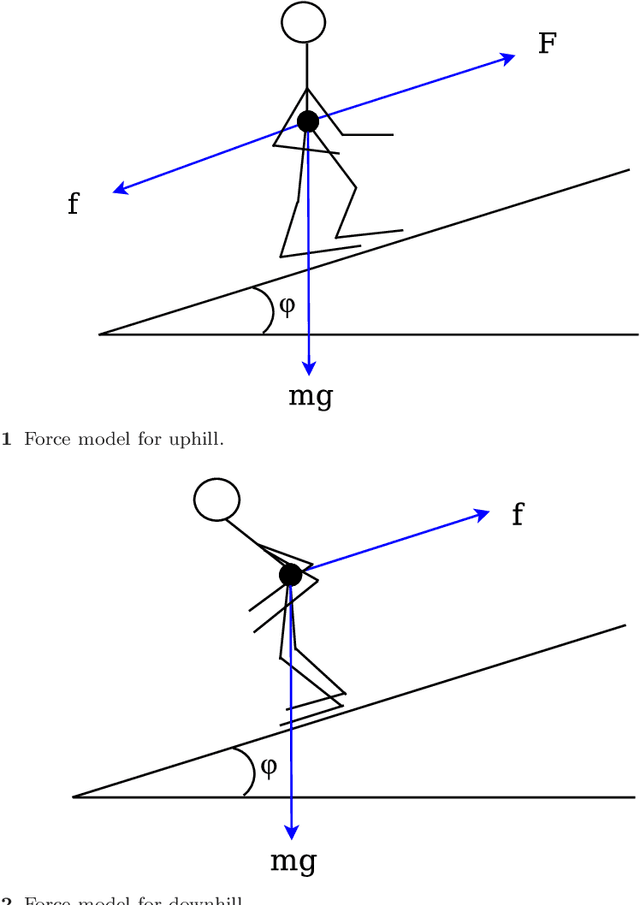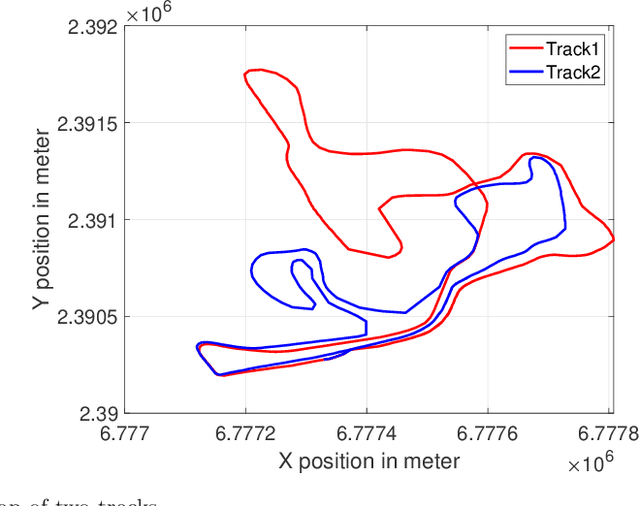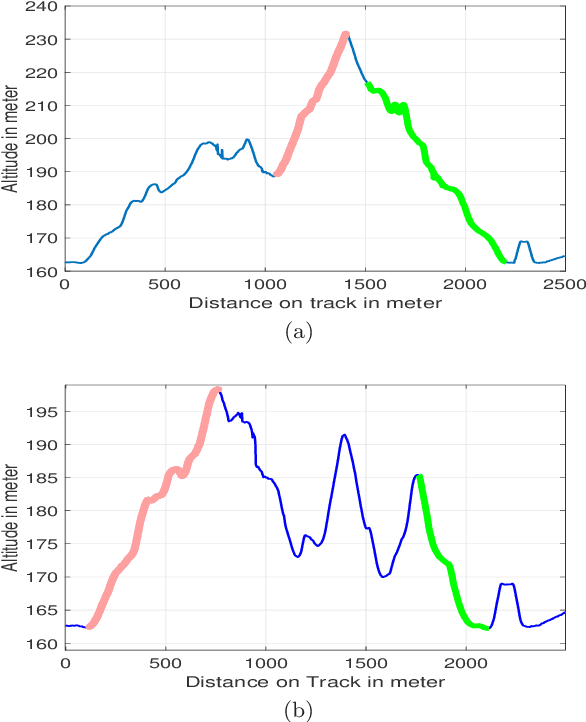Gaussian Processes for Analyzing Positioned Trajectories in Sports
Paper and Code
Jul 05, 2019



Kernel-based machine learning approaches are gaining increasing interest for exploring and modeling large dataset in recent years. Gaussian process (GP) is one example of such kernel-based approaches, which can provide very good performance for nonlinear modeling problems. In this work, we first propose a grey-box modeling approach to analyze the forces in cross country skiing races. To be more precise, a disciplined set of kinetic motion model formulae is combined with data-driven Gaussian process regression model, which accounts for everything unknown in the system. Then, a modeling approach is proposed to analyze the kinetic flow of both individual and clusters of skiers. The proposed approaches can be generally applied to use cases where positioned trajectories and kinetic measurements are available. The proposed approaches are evaluated using data collected from the Falun Nordic World Ski Championships 2015, in particular the Men's cross country $4\times10$ km relay. Forces during the cross country skiing races are analyzed and compared. Velocity models for skiers at different competition stages are also evaluated. Finally, the comparisons between the grey-box and black-box approach are carried out, where the grey-box approach can reduce the predictive uncertainty by $30\%$ to $40\%$.
 Add to Chrome
Add to Chrome Add to Firefox
Add to Firefox Add to Edge
Add to Edge